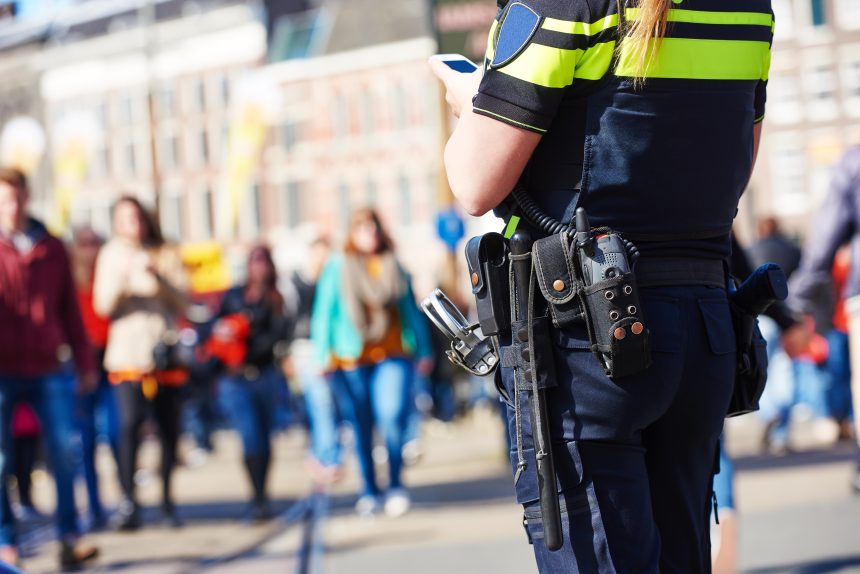‘Heroes’, ‘street lawyers’ and ‘rotten apples’: The role of bystanders during police work

The news regularly reports on bystanders who help, hinder or film the police. However, we know little about what bystanders of police action actually do, what motivates them and how officers perceive their behavior. Only limited scientific research has been conducted on bystanders of police action. In police research, the role of bystanders plays a minimal role, while in bystander research, the role of professionals is often ignored.
Marly van Bruchem made this topic the subject of her doctoral research. She investigated the role of bystanders during police work in different contexts, based on interviews, video analysis and participatory observations.
Wide variety of bystander actions
The results of her thesis show that police officers are inevitably confronted with a wide variety of bystander actions during their work. Bystanders can make the work of the police more difficult, for example by obstructing their tasks, questioning their choices or sometimes even by being aggressive or violent. At the same time, bystanders are also an integral part of effective policing: they call the police when they observe crimes or emergencies, use their social relationships to de-escalate situations when the police themselves are unable to do so, and offer assistance before and after the police arrive on the scene.
Trust and cooperation
Police officers perceive bystanders as both a potential security risk and a source of assistance. On the one hand, the involvement of bystanders can be seen as a challenge to the authority and control of the police. During arrests, bystanders are more likely to interfere verbally or physically than to assist, but violence by bystanders is rare. At the same time, officers are aware of the importance of police legitimacy, and the willingness of bystanders to help can be seen as a positive sign in that context. According to the research, investing in long-term and reciprocal relationships is important for successful cooperation between bystanders, police and other professionals.
Necessity in police work
Because bystanders represent a risk, a challenge, an opportunity, but above all a necessity in police work, it is important that more research is done into the role of bystanders in police work. Both research and practice would benefit from an inclusive view of bystanders, beyond stereotypes such as “heroes”, “street lawyers” and “rotten apples”.
PhD defense by Marly van Bruchem
Marly van Bruchem is a PhD candidate at the NSCR and the Open University. She will defend her thesis entitled “‘Heroes,’ ‘street lawyers,’ and ‘rotten apples’: The role of bystanders during police work in different contexts.” at the Faculty of Psychology of the Open University in Heerlen on Friday 10 October 2025 at 1.30 p.m.
Her supervisors are Prof. Marie Rosenkrantz Lindegaard (NSCR/University of Amsterdam) and Dr. Karin Proost (Open University), and her co-supervisor is Dr. Clara Maathuis (Open University). The defense can be attended live at the Open University in Heerlen and followed online via ou.nl/live.
Share this article
Actuele berichten

